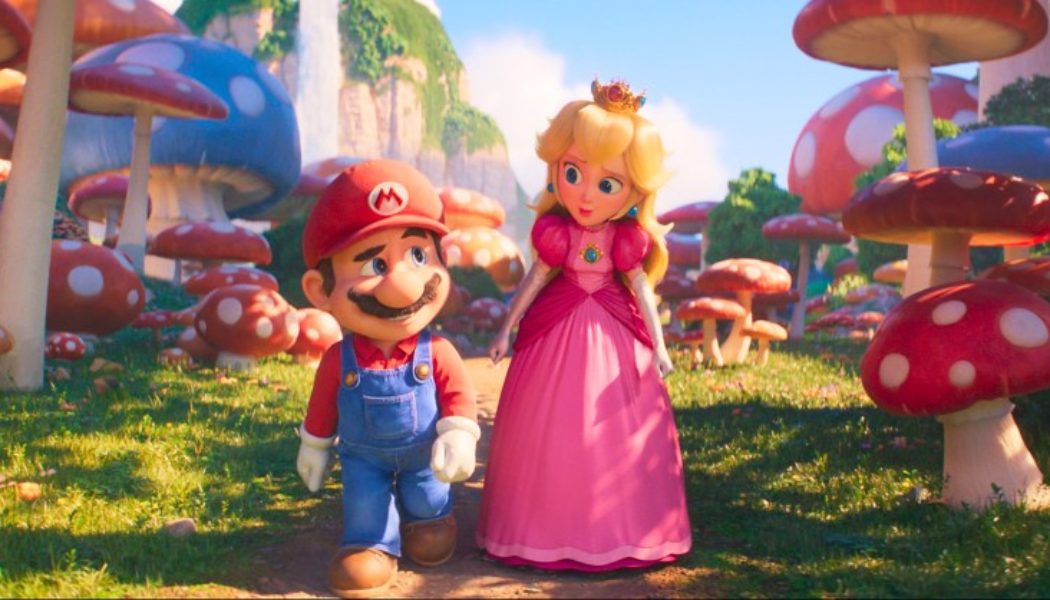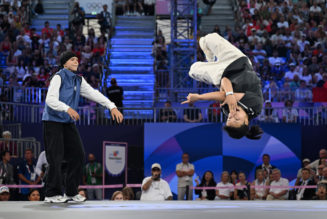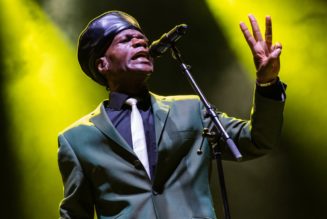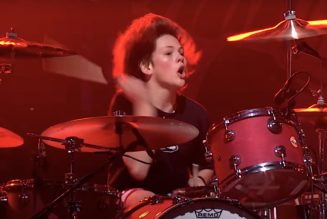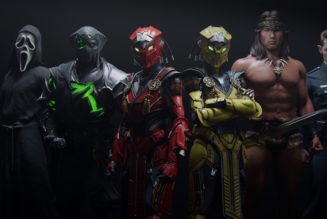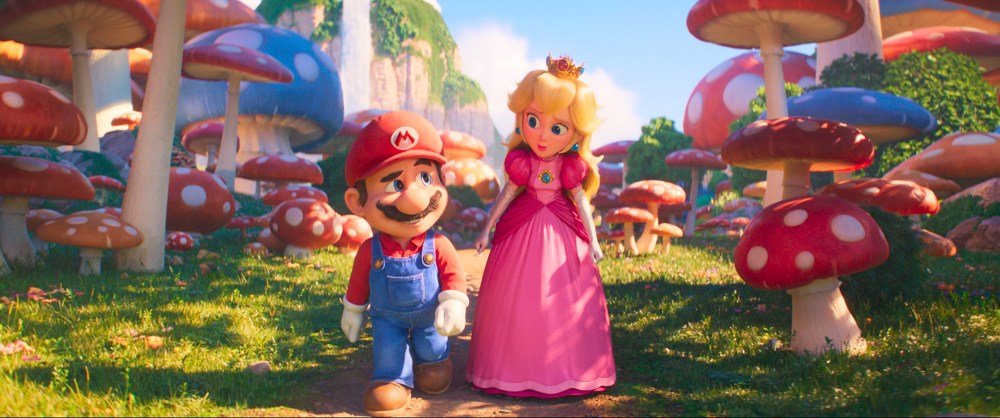
Everyone thinks of themselves as an expert in music, so every year complaints are voiced about the Oscar nominees for song and score. This year, more than most, insiders are venting (privately, for fear of antagonizing voters) about the choices and the process by which they’re made.
Variety surveyed multiple interested observers, including studio executives, music-branch members, publicists and consultants; and while no one agreed on possible solutions to the issues raised, their views and opinions are instructive.
A total of 390 members in the music branch (composers, songwriters and music editors) are eligible to vote. But, sources say, only about half of them actually vote for the nominees, and less than one-quarter are said to be choosing the 15-title shortlists from which the final five in each category are chosen.
Academy officials decline to release any of the numbers and will only say that they had a “record turnout” of voters this year; one insider contends that the numbers are not as low as those reported
Yet, those who spoke to Variety contend that low voter turnout is a serious problem, and that it plays into the hands of the studios and publicists who are spending a fortune to market the most high-profile films. Members vote for the shortlist during five days in mid-December, and most of them (particularly its working members) haven’t had the time to see many of the eligible films, observers say.
This year, 148 scores and 94 songs were deemed eligible. Any film not released by a major distributor, regardless of quality, has little chance of succeeding. As a result, voters pressed for time to see even a fraction of that number are susceptible to Oscar campaigns, which these days range from live-to-picture concerts to an endless stream of screenings with Q&As, parties and events carefully designed to woo voters.
What bothers some studio executives is the “lack of transparency,” in the words of one. The actual tallies are so secret that not even members of the music branch executive committee (which rules on all eligibility questions before voting begins) have any idea how many members are actually casting ballots. Only a handful of Academy administrative personnel are privy to that information.
The shortlist was reinstated in 2018 (it was standard Academy practice for scores from 1950 to 1979, and songs from 1958 to 1979) and has been both praised and booed by members ever since.
Many members choose to skip voting for the shortlist, either because they don’t feel qualified based on the few films they’ve seen, or because they think they can afford to wait until their more committed peers have decided on the 15 finalists. Admittedly, it is a challenge, especially if they haven’t seen many movies before the preliminary voting begins.
But if genuinely deserving songs and scores, for whatever reason, don’t make that shortlist, the door is shut and there is no going back. This year, for example, eyebrows were raised when songs from three popular animated movies — Jack Black’s viral sensation “Peaches” from “The Super Mario Bros. Movie,” Ariana DeBose’s “This Wish” from Disney’s “Wish” and the *NSYNC reunion song “Better Place” from “Trolls Band Together” — failed to make the cut.
Was it because the shortlist voters skipped those films, or they just didn’t like the songs? And in the case of “Peaches,” is it because more traditionalist voters dislike multiple songwriters (in this case, five) being credited? Academy rules state that if five or more writers are credited, only “a single statuette may be awarded to the group.”
The Academy’s music governors declined to address these issues.
